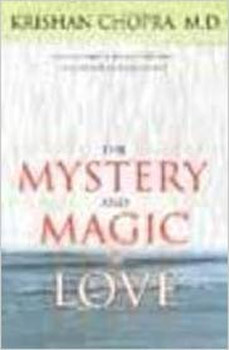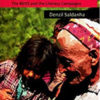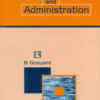CONTEMPORARY POLITICAL IDEOLOGIES
₹995.00 Original price was: ₹995.00.₹796.00Current price is: ₹796.00.
25 in stock
This expanded and updated edition of “Contemporary Political Ideologies, ” written by a team of internationally recognized academics, offers an authoritative introduction to the subject.
‘Ideology’ is one of the most elusive words in the political dictionary. Eschewing the esoteric and jargon-ridden approaches which often characterize its study, the opening chapter argues the case for understanding political ideologies as relatively coherent bodies of thought relating to issues such as human nature (are we inherently good or evil?) and socio-economic organization (does the state enslave or protect us?).
Ten core chapters then define the great ‘isms’ which have played a major part in shaping the modern world. They look at questions such as:
• Will liberalism, with its resonant rhetoric of freedom and markets, be the dominant creed of the new millennium?
• Has socialism suffered from brain death, or is a new ‘Third Way’ (between communism and capitalism) emerging?
• Is nationalism essentially a dangerous mythology, or can it take intellectually defensible forms?
• Should we—as radical ecologists proclaim—think globally and act locally?
• Is Islamic fundamentalism a fanatical and menacing creed, or has it been misunderstood in the West?
The concluding chapter considers more systematically the issue of whether we are witnessing the ‘end of ideology’. It answers very much in the negative. Indeed, never has the understanding of political ideologies been more important.
| Author's Name | |
|---|---|
| Binding | |
| Release Year | |
| Language | |
| Publisher |
Related products
Political Science
Political Science
POLICE TRAINING IN COMMUNITY RELATIONS: Perspectives on the United States and India
Political Science
NUCLEAR POLITICS IN SOUTH ASIA: In Search of an Alternative Paradigm
Political Science
Political Science
CRIMINAL JUSTICE ADMINISTRATION: The Relay Race for Criminal Justice
Political Science
Political Science
CONTESTING RESERVATIONS: The Indian Experiment on Affirmative Action
Political Science
POST-POKHRAN NUCLEAR POLITICS: Fresh Perspectives on Indo-US Relations











